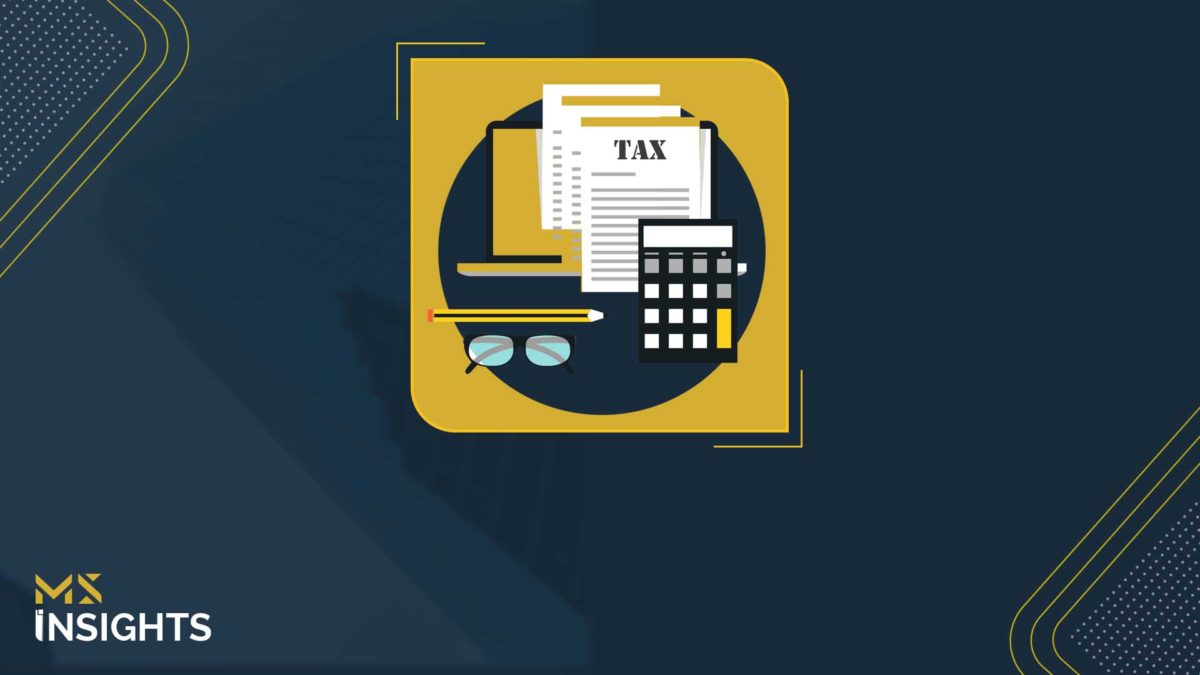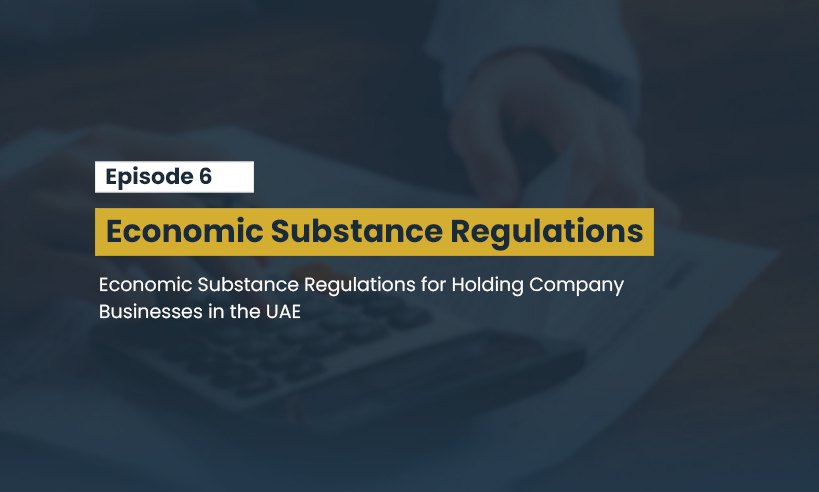The UAE has recently introduced sweeping changes to its Economic Substance Regulations (ESR), impacting businesses across the region. This shift of ESR in the UAE simplifies compliance requirements and aligns with the nation’s strategic approach to maintaining a favorable business environment while complying with international tax standards.
Here’s an in-depth look at what these changes mean for businesses operating in the UAE.
Key Updates to ESR in the UAE and Their Impact on Businesses
- ESR Compliance Lifted for Financial Years Starting in 2023 and Beyond
Starting from the 2023 financial year, companies in the UAE are no longer required to submit ESR notifications, annual reports, or demonstrate economic substance. Previously, ESR in the UAE applied to certain “relevant activities,” aiming to ensure a genuine economic presence for businesses. Now, businesses can streamline their compliance processes without the additional layer of ESR obligations. - Administrative Penalty Waivers and Refunds
Under this new regulatory framework, any administrative penalties related to filings for financial years beginning on or after January 1, 2023, are now canceled. Companies penalized for non-compliance with ESR in the UAE in this period may be eligible for refunds, which can be processed through the UAE Ministry of Finance’s e-refund portal. This waiver provides relief to companies that may have encountered unexpected penalties due to procedural lapses in ESR compliance. - Continued Responsibilities for Financial Years 2019-2022
Although ESR requirements have been lifted for 2023 and beyond, companies that operated between January 1, 2019, and December 31, 2022, must still meet their ESR compliance obligations for that period. This includes any outstanding reports, notifications, and possible follow-ups with regulatory authorities. Businesses must address any non-compliance issues from this period to avoid penalties or restrictions in the future.
Why the Change?
The UAE’s introduction of Corporate Tax (CT) regulations is central to this shift in compliance requirements. With Corporate Tax now incorporating economic substance provisions, separate ESR filings have become redundant. This harmonized approach helps businesses by reducing administrative tasks while ensuring compliance with international tax frameworks. The UAE aims to attract global businesses by easing compliance burdens, positioning itself as a leading business hub aligned with transparency standards.
Updates to ESR in the UAE: Key Considerations for Free Zone Businesses
While ESR in the UAE is no longer applicable, businesses in Free Zones, particularly those aiming to benefit from the UAE’s 0% Corporate Tax rate, must still demonstrate sufficient economic presence. Free Zone Persons must conduct core income-generating activities within the free zone, meet staffing requirements, maintain adequate operational expenses, and own or lease physical assets appropriate for their business scale. These requirements are essential for qualifying under the 0% CT regime.
ESR in the UAE: Next Steps for Businesses
- Review and Address ESR Compliance (2019-2022):
Ensure all ESR reports and notifications are complete and accurate for the relevant period to avoid future compliance issues. - Evaluate Free Zone Substance Requirements:
For Free Zone companies, assessing current operational structures to ensure alignment with Corporate Tax requirements is essential, particularly for businesses seeking the 0% CT rate. - Take Advantage of Penalty Waivers and Refunds:
Companies penalized for non-compliance in the post-2022 period should verify eligibility for administrative penalty refunds. Refunds can be requested through the Ministry of Finance’s portal. - Stay Informed on Evolving Compliance Standards:
As the UAE continues refining its tax and compliance frameworks, staying updated on regulatory guidelines will be crucial for UAE-based businesses.
The recent overhaul of the ESR in the UAE signals a transformative phase for the region’s compliance landscape, paving the way for a more integrated approach to taxation and economic activity. As the UAE continues to refine its regulatory framework, the future of ESR appears to hinge on its alignment with Corporate Tax provisions, simplifying compliance for businesses and fostering a more attractive investment climate.
Moving forward, businesses should anticipate a focus on economic substance being evaluated through the lens of Corporate Tax compliance, rather than through separate ESR filings. This evolution may lead to enhanced scrutiny on companies operating in Free Zones, emphasizing the need for genuine economic activity to sustain benefits like the 0% Corporate Tax rate.








